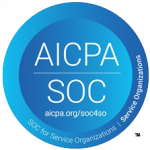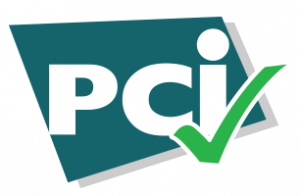
Social media hasn’t been around as long as the Health Insurance Portability and Accountability Act (HIPAA). As a result, the legal regulation doesn’t include any specific rules about social media use by those in the health care industry—leaving professionals wondering how to use social media to market their practices in a legal and respectful way. Sharing personal and protected information could result in a costly fine and cause patients to lose trust in the organization. It’s essential to understand how to handle social media and HIPAA, including concerns, social sharing from a particular location, consent forms, and user-generated content.
What Is HIPAA?
As mentioned, HIPAA is a set of national standards designed to protect sensitive information from being shared without a patient’s knowledge or consent. Under the regulation, the Privacy Rule explicitly addresses how health care organizations can use and disclose protected health information with covered entities.
In many cases, properly sharing health information can streamline the patient’s care and prevent the need to fill out multiple forms or answer the same health-related questions. As a result, HIPAA allows for information to be shared, as long as it occurs with the patient’s consent and the proper entities.
Benefits of Social Media in Health Care
Although social media use has created issues for health care organizations, using these popular platforms has some benefits. Health care and insurance companies can interact with patients quickly and efficiently and in a way that appeals to members of the younger generations. Using social media can also be a marketing tool for organizations. Health care professionals must understand the rules to use these platforms effectively.
HIPAA Concerns Around Social Media Use
One of the biggest concerns around social media use in health care is the accidental or intentional sharing of protected health information, a HIPAA violation. Every health care organization should implement a social media policy for its employees to mitigate the risk of violations.
Unless patients consent to sharing their information on social media, organizations should never post photos of patients. Patients must give their approval in writing, and the organizations can only share data for the purpose granted on the document.
Location-Based Sharing
Another risk around social media use in this industry is sharing information based on location. If a patient posts content from a specific site, such as a hospital or medical clinic, the individual could incidentally share details about other patients in the facility who didn’t consent to data release. A shared selfie, for example, may have other people in the background. User-generated content is also a concern since health care organizations have less control over what users post and how to handle the situation once a user has shared something personal or sensitive.By implementing a detailed policy around social media and HIPAA, a health care organization can mitigate its level of risk while ensuring that all employees understand the consequences of violating the rules. Violations of HIPAA rules can be costly, especially if the patients affected by those violations choose to take legal action. It’s well worth any effort to prevent these issues from happening altogether.






